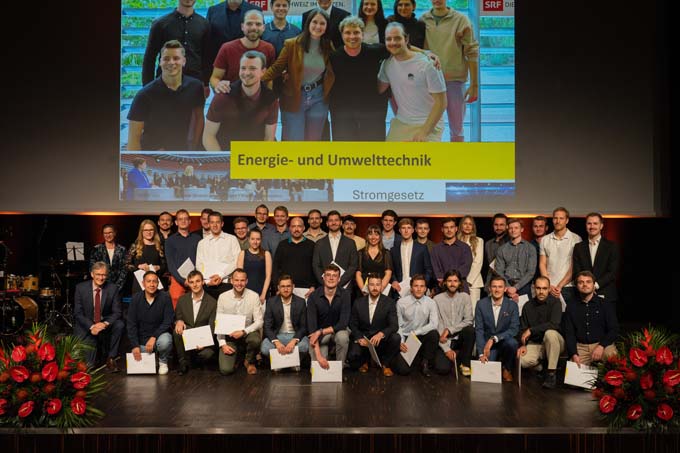Insect mortality - catastrophic extent now scientifically proven
In this country, too, institutions are concerned about the progressive extinction of insects. The Papiliorama in Kerzers, for example, has repeatedly pointed out that insect populations have literally collapsed over the last three decades.

Insect mortality is a fact. Surely specimens of the most common species are circulating, but other species are disappearing unnoticed. No more moths circling around lamps, no more day butterflies over meadows. A study of the flying insects of 63 nature reserves in Germany has shown that the total mass has decreased by 76 percent since 1989.
Along with the insects, bird populations and amphibians are also disappearing due to lack of food. Papilorama emphasizes: It is high time for Switzerland to make a paradigm shift - to stop the use of pesticides. Caspar Bijleveld, director of Papiliorama, is very concerned about this decline in insect biomass, which he has been denouncing for two decades.
If today's trend is not curbed, we will lose another 75 percent of the remaining 25 percent in the next few decades. A phenomenon that could even accelerate, as the ever decreasing population density could additionally reduce the insects' ability to reproduce.
Scientifically sound proof
The scientists of the entomological association of Krefeld in Germany (data collections) and those of the Radboud University in Nijmegen (statistical analyses), in collaboration with the scientists of the "Task Force Systemic Pesticides", in particular with Prof. Dave Goulson in England, have been able to evaluate these data collected over almost thirty years.
If the consequences of the decrease are not yet proven in themselves, it is clear that neither changes in habitats (the nature reserves are managed very carefully), nor climatic changes are responsible. The correlation between the market entry of neonicotinoids in the early nineties (neurotoxic, often used preventively, make plants toxic to insects).
The measured decrease in insect biomass clearly cannot be a coincidence. Neonicotinoids are the most widely used insecticides in the world today.
Consequences not to be estimated
The publication of the study in the magazine "Plos One" had the effect of a bombshell: insects are the link between the soil, plants and animals. They play a fundamental ecological role at every conceivable stage: Transformation of living matter, food base for all insectivores, irreplaceable pollinators for plants (also in agriculture).
The collapse of insect populations will have consequences that cannot be foreseen today.
Swiss Task Force
In 2008, Maarten Bijleveld, founder of the Papiliorama in Kerzers, together with the famous ecotoxicologist François Ramade and the former director of the Natural History Museum in Lausanne, Pierre Goeldlin, founded the "Task Force Systemic Pesticides (TFSP)" under the aegis of the "International Union for Conservation of Nature (IUCN)".
This purely scientific panel today brings together diverse researchers from 21 nations and four continents worldwide. In 2015, TFSP published the world's first meta-analysis of systemic pesticides (which include neonicotinoids) and their effects on fauna. It also includes several studies that clearly demonstrate the negative impact of insecticides on bees.
This Worldwide Integrated Assessment (WIA) on the impacts of systemic pesticides on biodiversity and ecosystems is a synthesis of 1,121 studies published in peer-reviewed journals from 2010 - 2015; including studies funded by the agrochemical industry.
This is the most complete study on neonicotinoids to date, but also the only comprehensive work on the subject. It has recently been updated and will be published soon. Both versions are free and publicly available. Recently, the study by Prof. Edward Mitchell of the University of Neuchâtel on the detection of neonicotinoids in virtually all honeys in the world has also caused great noise.
No point of return
The loss of insects is a "point of no return" that is better not imagined. That is why Caspar Bijleveld and the Papiliorama Foundation are committed to collecting signatures for the initiative "For a Switzerland free of synthetic pesticides". Not only out of love for the insects, but above all out of a sense of responsibility towards future generations.
Future 3.0 initiative:
https://manifest-future3.ch & http://www.future3.ch/
Text references:
World Integrated Assessment of TFSP









